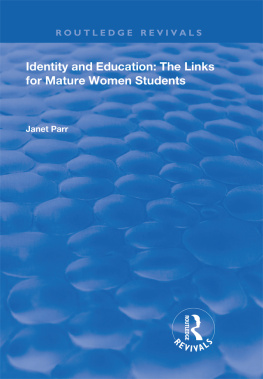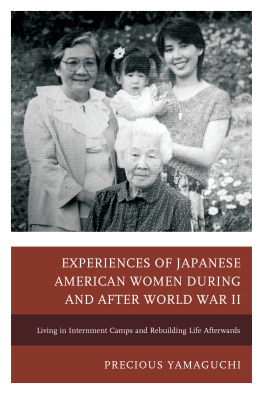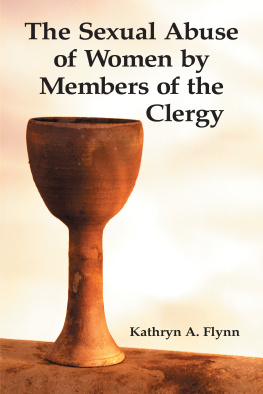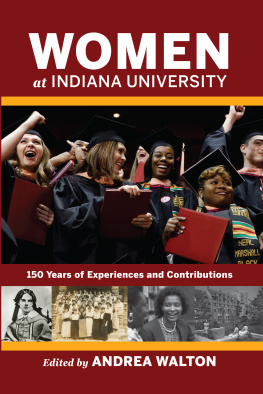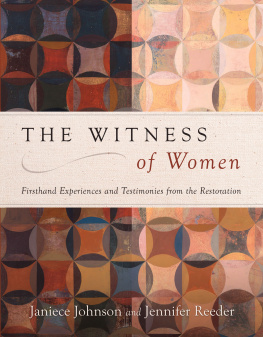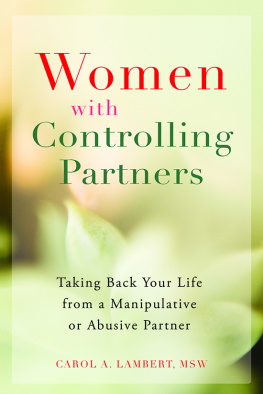First published 2000 by Ashgate Publishing
Reissued 2019 by Routledge
2 Park Square, Milton Park, Abingdon, Oxon, OX14 4RN
52 Vanderbilt Avenue, New York, NY 10017
Routledge is an imprint of the Taylor & Francis Group, an informa business
Copyright 2000, Janet Parr
All rights reserved. No part of this book may be reprinted or reproduced or utilised in any form or by any electronic, mechanical, or other means, now known or hereafter invented, including photocopying and recording, or in any information storage or retrieval system, without permission in writing from the publishers.
Notice:
Product or corporate names may be trademarks or registered trademarks, and are used only for identification and explanation without intent to infringe.
Publisher's Note
The publisher has gone to great lengths to ensure the quality of this reprint but points out that some imperfections in the original copies may be apparent.
Disclaimer
The publisher has made every effort to trace copyright holders and welcomes correspondence from those they have been unable to contact.
A Library of Congress record exists under LC control number:
ISBN 13: 978-1-138-71318-5 (hbk)
ISBN 13: 978-1-315-19942-9 (ebk)
Currently, I am a lecturer in the Division of Continuing Education at the University of Sheffield the same University at which I studied for my BA(Hons) in Sociology and Social Policy. I subsequently taught in further education, before returning to the University part-time to complete my Master of Education, whilst working part-time in higher education. I then once again became a full-time student as well as a part-time lecturer to complete my Ph.D. This route is one well travelled by many lecturers, but very few travel the route as mature women students from working class backgrounds, as I did, when at 36, I became an undergraduate at Sheffield, with a husband and three children to care for and a home to run.
My experiences as a mature student, and those of other mature students whom I have taught, motivated my research which originally set out to look at the barriers which mature women face when they return to learning. What came out from the research was certainly not what I expected. It is difficult to find a single word to describe my feelings of what emerged the painful, traumatic and compelling narratives of many of the women astounded and angered me, but also filled me with admiration and respect for the ways in which they have coped and are working to change their lives. Their experiences have inspired this book their accounts are important to be told, and will, I hope, be an inspiration not only to other women following a similar route, but also to the many women whose difficulties are so great that they do not even manage to return to the foot of the educational ladder.
I have spent more than five years researching and working with this powerful material, and have been drawn into the lives of the women through their narratives. I could relate to them, as a woman, as a mature student and as a female from a working class background, now in a respected middle class occupation. Much of what they told me touched my own memories and sparked off such emotions that it is impossible for me to be neutral. Nevertheless, in my selection of the material, which is mostly verbatim from the women themselves, I have been as conscientious as possible in ensuring an accurate representation of what the women told me. As a feminist writer, it is my belief that values should be transparent, and I think it is important therefore that the reader has a brief overview of my background, which has not only influenced my beliefs but also contributed substantially to the motivation for this research.
A working class background
Born and raised in a mining community, my own mainstream education was limited to just beyond the minimum school leaving age, despite attending a grammar school and gaining eight O-levels. For most of my friends at school, university or college was an automatic next step but there is no memory of this being a topic of conversation with my parents until I reached sixteen when the issue was raised and it was made very clear to me that I was expected to leave school, get a job and contribute to the family income until such time as I married and set up a home of my own. I was however, allowed to remain at school for a year providing I did a secretarial/accounts course which 'will always come in useful'.
This was perhaps not surprising, since no-one in my immediate or extended family had had experience of higher education. Only one person, my aunt had gone to grammar school, and she had left at the minimum leaving age and had gone into domestic service as a maid, following my mother. The patriarchal culture was powerful and the gendered division of labour clear. The women in my immediate and my extended family either did not work or worked in manual or domestic occupations; the married ones fitting any work around the needs and shift-work of the husband and any adult working sons. There was a clear and rigid division of labour - the women did all the domestic chores and childcare, often helping one another out, especially in times of illness. Mealtimes and household jobs were geared around the husband's shift work, mostly at one of the local pits.
The infant school I attended was just down the road and was very much a neighbourhood school, attended by the majority of the local children. Because of the tied nature of the housing, there was at least one miner in each household in the village and all my friends' fathers 'worked at t'pit'. So the whole of my early socialisation was very much influenced by one particular setting, and when as an adult student I read the Dennis, Henriques and Slaughter study 'Coal is our Life' (1956), it was much like reading my own history.
Immediate family influences
Although my step-father had a routine clerical job he was also from a background of manual occupations where there existed a clear gendered division of labour within the home. He had had first-hand experience of the poverty created by the economic depression and the unemployment of the mid 1930s in Liverpool where he was born and raised. From this background, any job was important and a good clerical job was better than a factory job and infinitely better than unemployment. In addition to this, my mother, as well as being an amputee which hampered her mobility, was prone to bouts of illness during the winter, and from the age of 11, I had been running the household from time to time, doing the normal domestic chores which my mother would have done, sometimes being kept home from school. Although I can remember feeling somewhat resentful of this, I never really questioned it - I had been raised in a culture where domestic chores were 'women's work'.
So, on leaving school, a number of secretarial jobs ensued both before and after my marriage at the age of twenty, none of them holding my interest for more than a few months. On getting married, I expected to do, and did, what was normal in my experience - work until children arrived, then stay at home as a full-time housewife. However, a year after the birth of my first child, I was frustrated at home and returned to work part-time, with child-care provided by family and friends, but two more children limited work opportunities outside the home. Although I always managed to earn money in some way, it was generally on a part-time or casual basis and I can clearly remember a feeling of restlessness and a need to do something other than what I was doing, though I never really thought this through.

